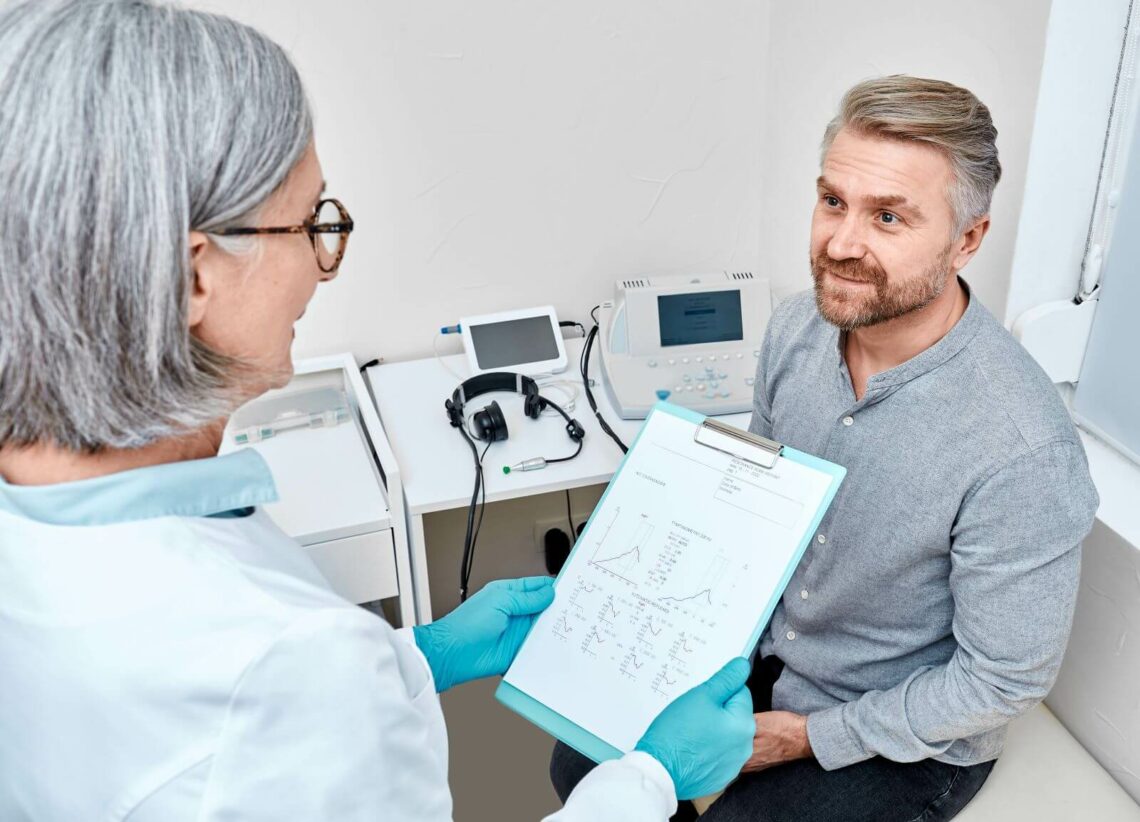If you’ve scheduled an appointment for a hearing consultation, congratulations! This is a major step towards treating and transforming your hearing health and wellness. A hearing consultation appointment involves getting your hearing health comprehensively assessed by a specialist. This evaluation process will determine what your hearing needs are which informs the type of treatment that is optimal for you. Your follow-up appointment is known as your hearing aid fitting which involves receiving your hearing aids which will be programmed to meet your specific needs. These appointments are informative and it may be helpful to bring a few questions that will help you track everything you are learning. You may want to consider the following questions as you prepare your list:
- What type of hearing loss do I have? Your hearing consultation appointment will involve your hearing being tested in both ears. This will identify the type of hearing loss you have which is critical to know. There are three types of hearing loss: conductive, sensorineural, and mixed. These types have different causes and treatment options so it is important to be aware of what you are experiencing.
Sensorineural hearing loss is a permanent type of hearing loss that occurs when the sensory cells are damaged in the inner ear. This can be caused by a range of factors including aging, loud noise exposure, and medical conditions. Conductive hearing loss occurs in the outer or middle ear and is usually temporary. This type of hearing loss can be caused by things like accumulated ear wax in the ear canal, a perforated eardrum, or bone growths. This can be treated with minor medical interventions that eventually restore hearing. Mixed hearing loss is a combination of both. It is important to know that sensorineural hearing loss is the most common, accounting for 9 out of 10 cases of hearing loss that people experience today.
- What are the specifics of my hearing loss? In addition to the specific type of hearing loss you have, it is important to know more details. This includes the degree of impairment as well as what your hearing loss is in each ear. Hearing loss ranges from mild to profound and the hearing loss you experience in both ears can differ. Your hearing healthcare provider can also tell you the types of sounds and speech that may be more challenging for you to hear and detect. The more you know about your hearing loss, the more easeful and effective your transition can be into better hearing health.
- What is the best treatment option? For sensorineural hearing loss, the most common treatment option is hearing aids. Hearing aids are electronic devices that are equipped with savvy technology that is designed to efficiently absorb and process speech as well as sound. This provides the auditory system with ample support, alleviating hearing loss symptoms and increasing capacity to hear. Today’s hearing aids, similar to most electronic devices we use, have experienced significant innovation. There is a range of styles and technologies that deliver enhanced sound quality and make hearing as seamless as possible in everyday environments.
- Which are the best hearing aids for me? There are different types of hearing aids which describe the style or how the hearing aid is worn. This includes devices that are in the ear or behind the ear hearing aids. Your hearing healthcare provider will help you navigate your options, recommending devices that will be best for your hearing and lifestyle needs.
- How do I effectively maintain my hearing aids? During your hearing aid fitting appointment, you will receive your hearing aids and learn everything about them. This includes how to best maintain your device. It is useful to develop a maintenance routine that you practice every night when you remove your hearing aids before sleeping. Be sure to ask your hearing healthcare provider what the steps of this routine should be.
- How long will my hearing aids last? It is important to ask your hearing healthcare provider about the lifespan of your hearing aid. This depends on the specific type and model of your device, but hearing aids usually last 5-7 years.
Taking the time to ask these questions is a great way to make sure you are learning what you need to know about your hearing loss and your new hearing aids.

